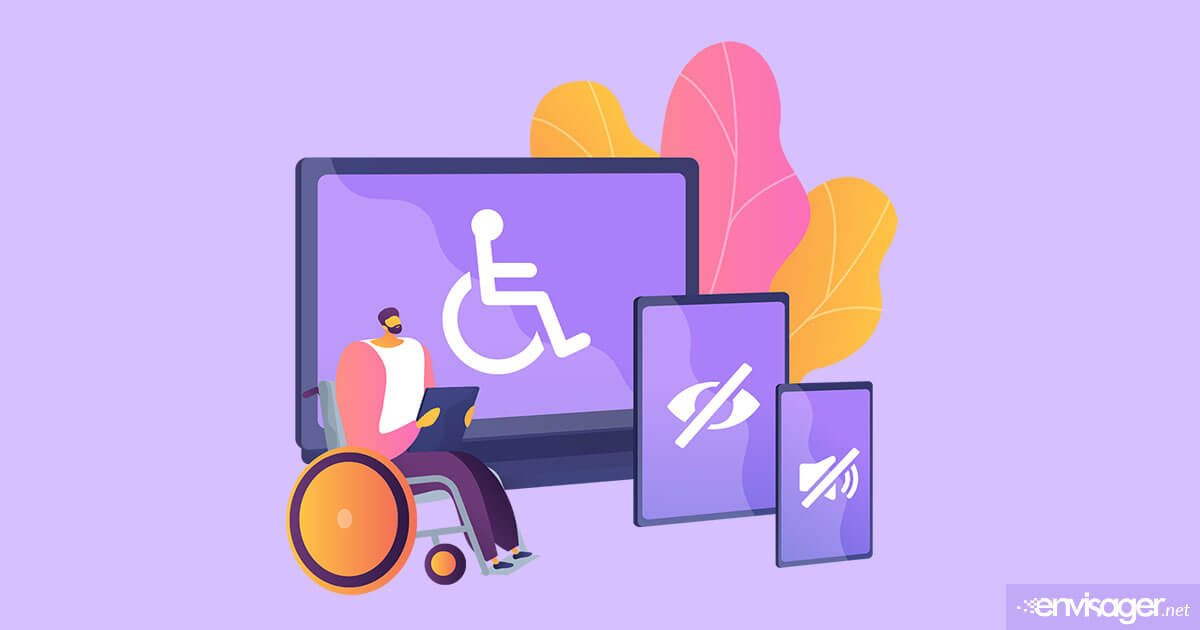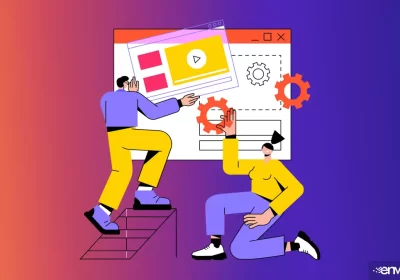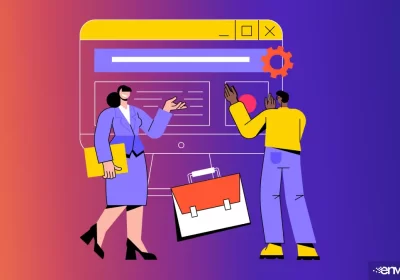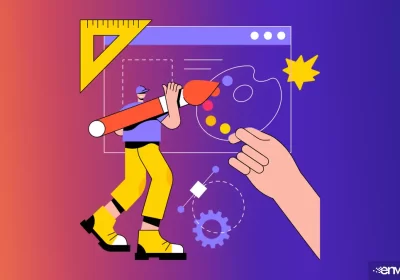Why Your Website Should Be Designed For Accessibility

With one-tenth of Americans experiencing vision problems, if your website is not designed for accessibility, you’re missing out on millions of clients.
Vision impairment is just one of the disabilities that some Americans face. Some people also have problems hearing and using their hands. For these reasons and others, your website should be designed for accessibility and inclusiveness.
Over 61 million American live with some form of disability. If you are not creating an accessible website for them, then you are depriving them of the experience you offer. Generally, there special technology built into computers for blind people that helps them access web content. Building a website that is designed for accessibility means your website is compatible with this technology.
Websites Designed For Accessibility
Implementing various settings, design and technologies to make your website more accessible is not difficult to integrate. Doing so gives your business access to millions more people and will provide the following benefits.
1. Grow Your Customer Base
There are millions of eCommerce websites across the globe. So, if you don’t provide an accessible website, you can bet that your competitor will. Particularly, if they are selling similar products and services. And you can even grow your customer base by having an ADA friendly website. People with disabilities will no doubt follow your work as well as other customers feeling proud to be associated with your company.
2. Boost Your Seo
Did you know that search engines reward websites that are designed for accessibility? In addition to augmenting sales, having more visibility in search results is the greatest reward. One of the ways search engines identify your website as ADA friendly is through your image description. If your image descriptions and alt tags are accurate, search engines will amplify your image SEO. And people with visual disabilities will be able to ‘hear’ your graphics and photos.
2. Customer Loyalty
Nowadays, customers are just as concerned with their overall experience as they are with your prices. In fact, the way to win customer loyalty in 2023 is by providing a great customer experience. One of the ways to do that is by having a website that is accessible for disabled customers. Almost everyone knows someone or is affected by a disability. Given these points, when people have a positive experience, they will share it with their family and friends. Word of mouth spreads fast. So in addition to gaining more customers, you will also gain loyal followers.
4. It Could Be A Legal Requirement
While there is no current law that dictates how handicap accessible your website should be, that can soon change. The Americans with Disabilities Act (ADA) is a comprehensive civil rights law that protects people with disabilities from discrimination. Currently, the Department of Justice is working on clarifying the law’s jurisdiction on the web. Even though there’s no specific legal requirement yet, you can be ahead by making sure your website is accessible now.
Wrapping It Up
Your company to should try to meet ethical standards when it comes to having an accessible website. After all, people with disabilities should have the same opportunities as every other person visiting your website. Not to mention, by not having an accessible website, a huge demographic does not have access to your products and services. If you’re interested in having an ethical company, care about winning loyalty, the best practice is to have a website that’s designed for accessibility.
You may also enjoy reading: Accounting Website Design Guide (with examples)

Dr. Amelia Davis
WEB DEVELOPMENT DIRECTOR
Dr. Amelia Royster-Davis is a Doctor of Education and an Instructional Designer. As the Director of Web Development at Envisager Studio, her primary focus is to lead the web development team in building modern, responsive websites. In her spare time, she writes about web development, UI and UX.


